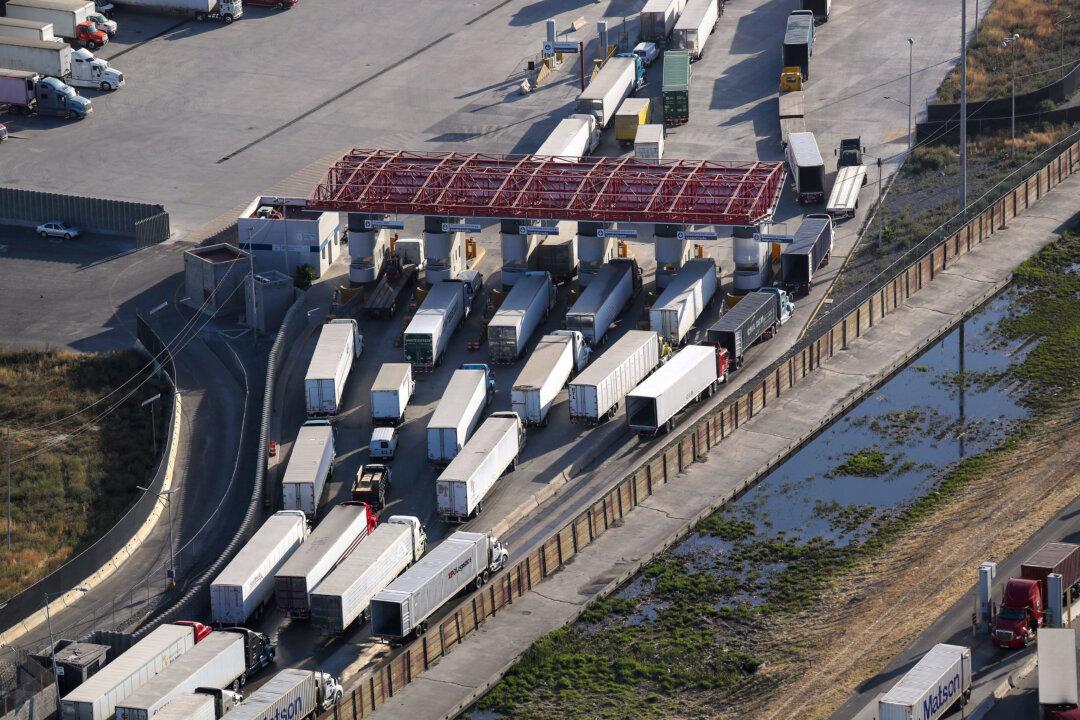Commerce Secretary Howard Lutnick has launched an investigation to determine the national security impact of commercial truck imports into the United States, according to an April 23 notice from the Department of Commerce.
The probe, which began on April 22, will assess the imports of “medium-duty trucks, heavy-duty trucks, and medium- and heavy-duty truck parts, and their derivative products,” the notice said.





